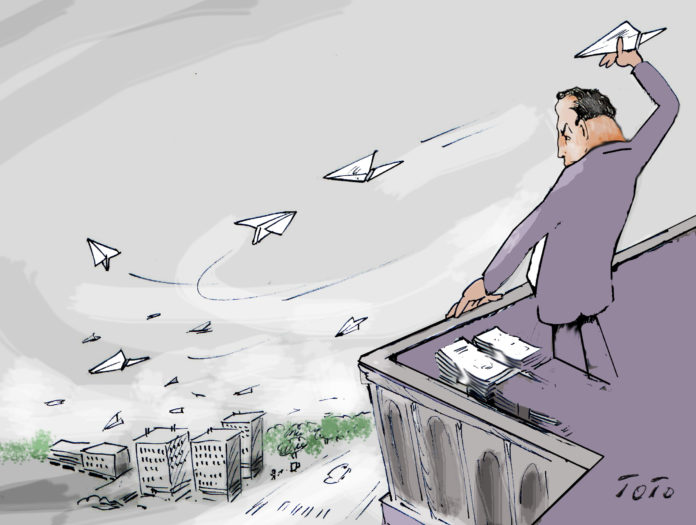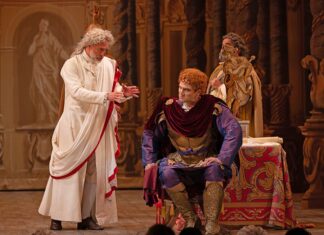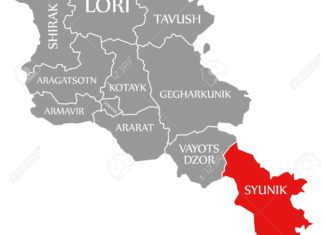As coronavirus sweeps across the globe, all national and international divisions and debates have become irrelevant. Humanity is mobilized to confront this invisible army, as battle lines are being drawn to protect the human race.
Self-preservation, the ultimate goal, is dependent on the preservation of the other, even across political fault lines.
When a revolution takes place in a certain country or a government is overthrown, continuing battles and divisions become impediments to the realization of the goals that the new forces seek.
Most revolutions devour their own sons, as one can see with the French and Russian Revolutions. It is in the interest of the revolutionary powers to create stability in the country conducive to the implementation of the new ideals or political platforms. Incidentally, history has proven time and again that leaders of revolutions becomes the worst statesmen.
This column has referred on many occasions to the case of South Africa, where the minority white Afrikaner population had instituted an apartheid form of government, denying the black majority civil or even basic human rights.
The African National Congress, led by Nelson Mandela, waged a war of liberation domestically, which combined with the international political pressure, brought down that regime. It would have been understandable if the emerging black-majority government wanted to retaliate in kind against their white oppressors. However, wise leaders such as Cardinal Desmond Tutu and former president, F. W. de Klerk, were able to form a Truth and Reconciliation Commission to prevent that kind of outcome.








